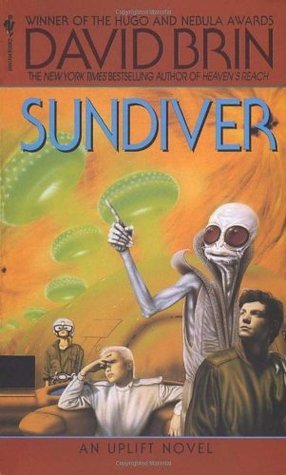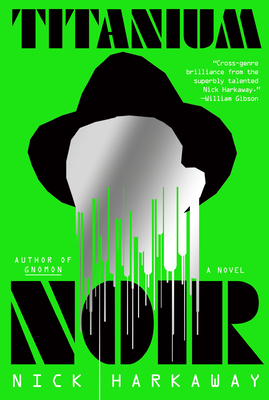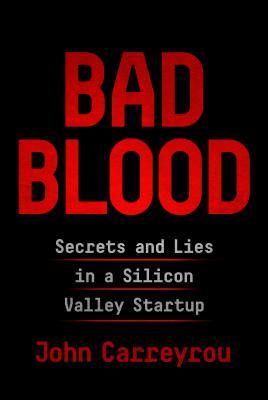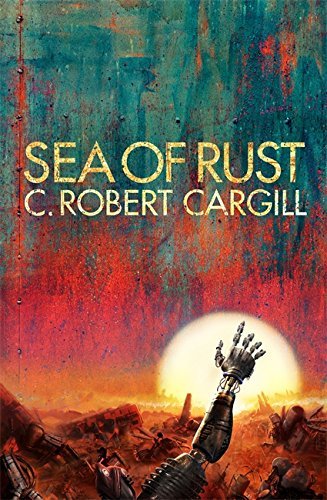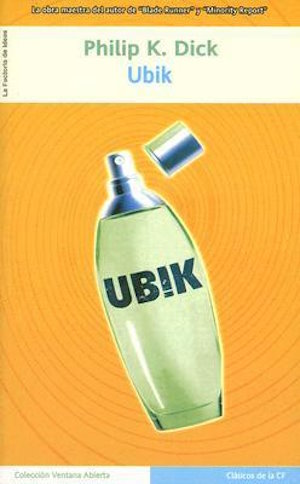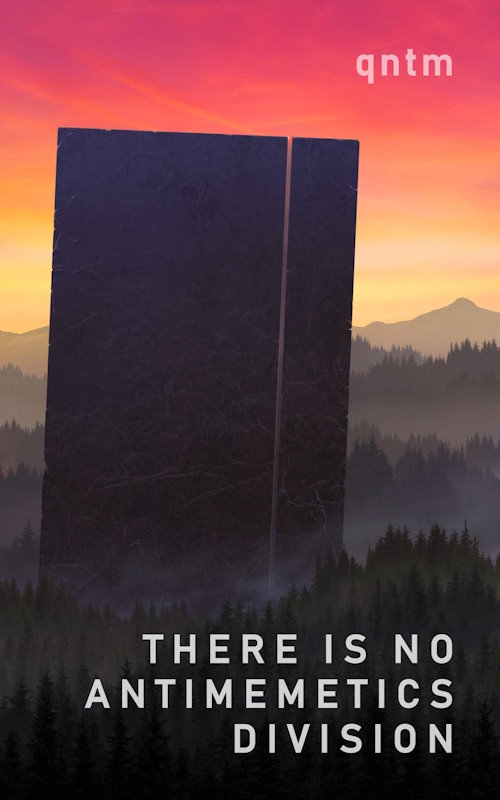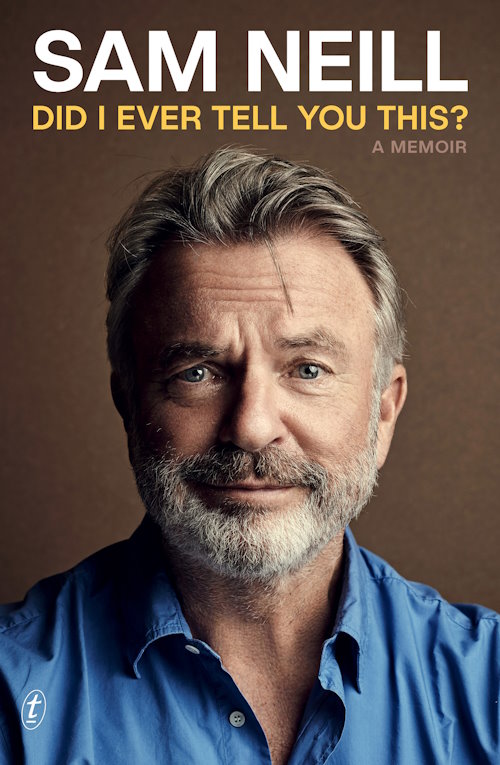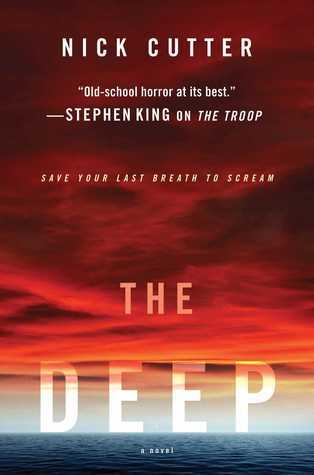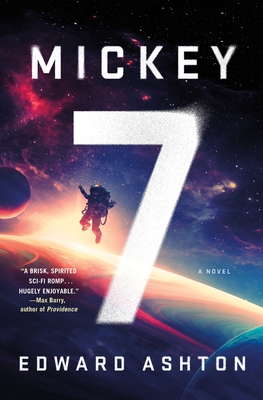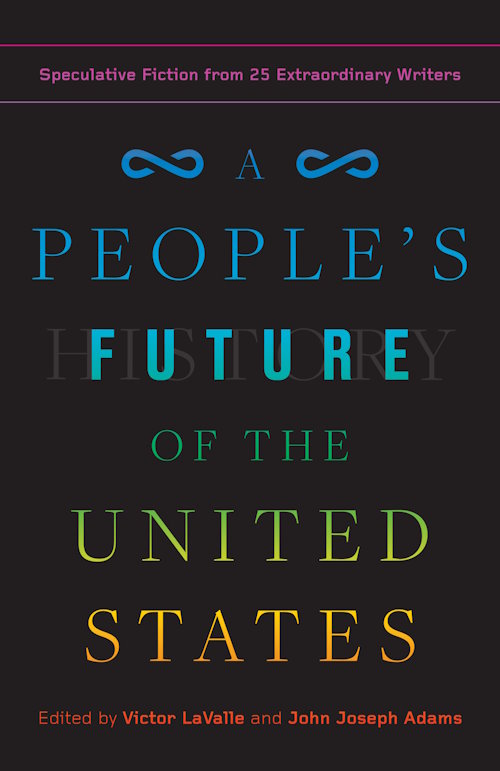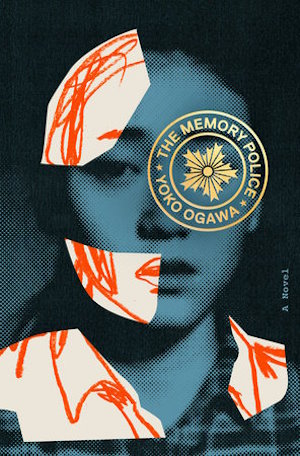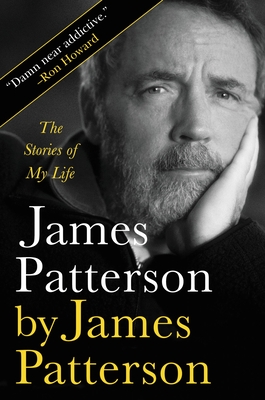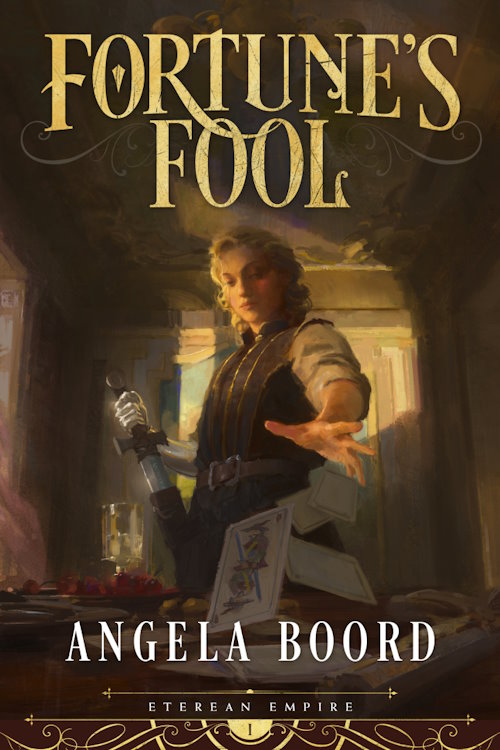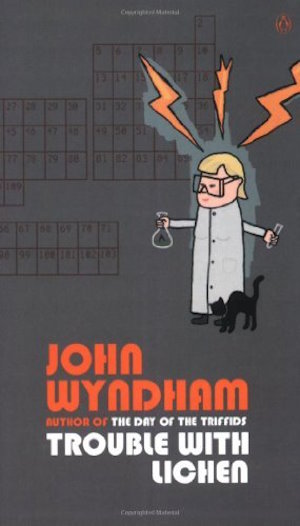
Bad Blood: Secrets and Lies in a Silicon Valley Startup is a book worth of a political thriller miniseries, only too real. It shows the 10+ years history of Theranos, a "unicorn company" formed only on personal charisma and lies and which reached a top valuation of ten billion American dollars at its peak. Billions, with a B! It also shows how that can happen within the American economic, political and social system, which - if you ask me - is much more damning and interesting than the exposure of Elisabeth Holmes and her cronies.
John Carreyrou also had the faith, training and backing of a powerful journalistic entity just to be able to bring this to public attention, something to be considered in this climate of journalistic consolidation into partisan corporations that care nothing for the truth. It would have been so easy for this to have continued for years, unchecked and uncheckable, if it weren't for this tiny detail.
To boot, this book will be extremely triggering to anyone working in a corporate environment, especially Americans. Let's play some corporate bingo: sociopath CEO claiming their vision is paramount to anything and anyone, older generation Indian management that feels the lives of employees belong to the company, paranoid NDA backed culture where people just disappear without any mention to the remaining employees, totalitarian control of data, communication and the general narrative, backed by law firms hired on millions of dollars to intimidate anyone who might challenge it, inner-circle privileges given to loyal individuals, university dropout visionaries that consider any technical hurdle something to be solved by lowly multiple PhD holding peons and not something that can hold them back, even if they themselves are technical imbeciles, yes-men culture where dissent or even mere criticism is considered treason, to be punished by immediate termination, public humiliation and legal action. The list can go on...
I can't recommend this book enough. It's not entertaining in any meaningful way, instead it's terrifying. Imagine being in a situation where you have the knowledge, the certainty, the moral high ground, the awareness of your absolute right in a matter, only to give it all away because someone with a lot of money sics a law firm on you. Imagine bullying at every level once you have haphazardly signed some documents that you assumed were standard corporate operating practice, but instead signed your soul to the company. Imagine trying to tell people that something is terribly wrong, only to be met with dismissive comments on your character and expertise, just because someone believes in a PowerPoint presentation more than in any deity and because you are not part of the in-group.
But one thing that the book did not discuss, although it implied heavily through out its length, is how can something like this happen. How is it possible that somehow law can be corrupted to stop people from reporting unlawful acts? How can a company be created and thrive and be financed by people on promises alone, while heavily educated and well informed naysayers can be summarily dismissed at any moment and their input suppressed? In fact, this is a direct and informed criticism of the way American society works at the higher levels. Theranos was a symptom that, unchecked, led to Trumpism. There are direct parallels between the mindset of the management in this 2010 company and the political system taking over in the 2020s, with mindless loyal cronies being hired for all of the critical jobs on a wave of populist faith.
Even more spooky is the strong desire people felt for this book be a hit-job, to have the young female charismatic Elisabeth entrepreneur somehow be the victim of the male dominated system, the disgruntled employees, the Svengali 20 years older lover and irate Indian bully, the vengeful journalist, all working together to stop her from playing her fantasy of becoming the next Steve Jobs. You can imagine a Scooby Doo moment where she could have just made everything work out if it weren't for the pesky kids. But the truth documented in this book shows that, while certainly some sort of victim, Holmes was a mentally deranged individual who still managed to play the entire world and reach wealth and prestige even some nations in the world only dream of.
Bottom line: you have to read this book, even if it's very long, terrifying, frustrating and its "happy ending" only demonstrates that you have to make a LOT of mistakes for justice to happen when you have enough money and political backing.

